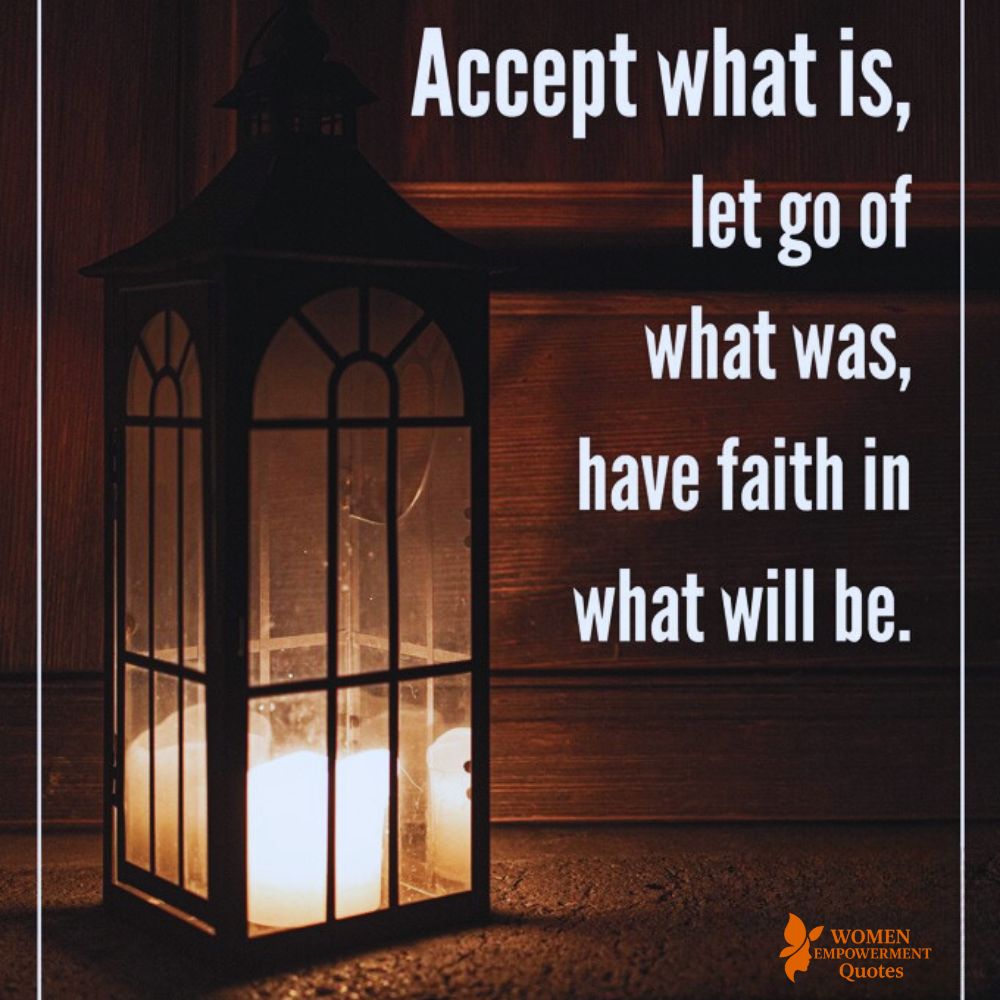
Embrace the Present, Release the Past, and Trust What’s to Come
Life often invites us—gently or through hardship—to stop grasping for what was and instead open ourselves to what is. In doing so, we create space not only for peace, but also for transformation.
One of the deepest truths in this invitation is acceptance. Acceptance doesn’t mean giving up—it means seeing reality clearly, without denial or resistance. It means understanding that while life may not unfold according to our plans, it often unfolds exactly as it needs to. When we accept our current reality, we ground ourselves in a place where healing, decision-making, and growth become possible.
Just as vital is the act of letting go. We all carry memories—some beautiful, others burdened with pain, regret, or longing. But holding tightly to what no longer serves us—past mistakes, disappointments, or versions of ourselves that no longer fit—only weighs down the present. Letting go is not forgetting; it is choosing not to live anchored in yesterday.
Then, there’s trust. Trust in what will be. It’s not about blind optimism, but a quiet, steady faith—a belief that even in uncertainty, life is working with and for us. Trust allows us to surrender the illusion of control and to rest in the unknown, knowing that something meaningful may still be unfolding.
Acceptance and trust are deeply connected. When we truly accept the moment we’re in, we naturally begin to trust in what’s ahead. And when we trust, we no longer need to control or resist—we begin to flow. That’s when peace starts to settle in our hearts.
Wisdom Rooted in Ancient Paths
The heart of this message—“accept what is, let go of what was, have faith in what will be”—echoes across time and culture. Ancient traditions have long taught us the serenity found in surrender.
In ancient Greece, Stoics like Marcus Aurelius and Epictetus taught that well-being arises when we align ourselves with nature and focus only on what we can control. They believed freedom came through acceptance—not resistance.
Buddhism and Taoism teach similar lessons. Buddhism urges us to release attachment and ego, embracing impermanence as a path to freedom. Taoism encourages us to flow with life’s current, not against it. Both emphasize peace in the present moment.
These timeless teachings remind us: suffering often begins where resistance to the present begins. When we soften into acceptance, we open ourselves to resilience, healing, and wisdom.
Trusting a greater power—whether you call it God, the Universe, or something else—can also lighten our burdens. Faith reassures us that we don’t have to have all the answers. We can rest, even in the middle of uncertainty.
Practices That Support the Journey
Living this way doesn’t always come naturally—but it can be nurtured.
-
Mindfulness keeps us rooted in the now.
-
Gratitude reminds us of what still is.
-
Forgiveness helps us release the past.
-
Meditation and prayer guide us toward trust and surrender.
Each of us walks a unique path, but we all have the capacity to return to the present, let go of yesterday, and lean into hope.
A Few Words to Carry With You
“We must let go of the life we have planned, so as to accept the one that is waiting for us.” – Joseph Campbell
“Faith is about being okay no matter how things turn out.” – Unknown
“Let today be a new beginning, and be the best that you can.” – Joel Osteen
Let these words serve as gentle reminders: You are allowed to begin again. You are allowed to release. And you are allowed to trust in the goodness of what’s yet to come.